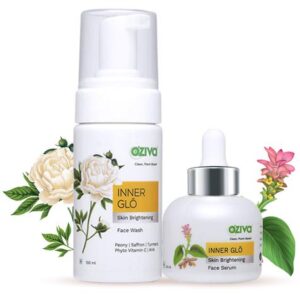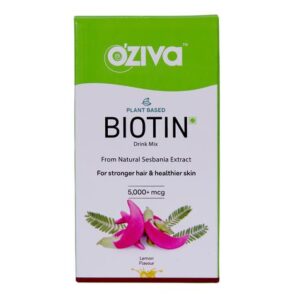
We often forget that our skin is the largest organ in the body. So it deserves the right amount of care and nutrition to stay healthy.
One way to do that is by consuming the right vitamins, which are the essential micronutrients the skin needs. While vitamins alone do not ensure healthy skin, they are the right step towards reducing dark spots, wrinkles, rough patches and dryness.
Now, let us take a look at some of the most important skin vitamins.
Vitamin D
While it is important to shield your skin from the harmful UVA and UVB rays of the sun, 10 to 15 minutes of daily sun exposure is beneficial for the skin. The reason is, the sunlight absorbed by the skin helps the body to produce Vitamin D.
Vitamin D helps to prevent the aging of the skin and also helps in the growth, and repair of skin cells. It also helps to prevent dry, itchy skin and conditions like psoriasis. Research has also indicated that lower Vitamin D levels can also result in severe acne.
The recommended daily Vitamin D intake is 600 IU. If your daily sunlight exposure is limited, consuming oily fish, red meat, egg yolk, soy milk and mushrooms can help.
Vitamin C
Vitamin C is one of the other vitamins good for the skin in multiple ways. Primarily, this is due to its antioxidant properties and its role in the synthesis of collagen that prevents aging. The antioxidants neutralise the free radicals that cause damage to the skin.
The other benefit of Vitamin C for the skin is it can heal photodamage caused by exposure to UV rays. Besides, Vitamin C can also prevent the formation of dark spots on the skin.
In general, Vitamin C is found in both the dermis and epidermis layers. It has also been proven that Vitamin C is more effective when combined with other nutrients like Vitamin E.
When it comes to the sources of Vitamin C, citrus fruits are one of the best options. Other sources include chili peppers, guavas, blackcurrants, broccoli, kiwis, guavas and papayas.
Vitamin E
Basically, Vitamin E is another antioxidant that protects the skin from sun damage. They also fight free radicals and help in moisturising and healing the skin. Due to its anti-inflammatory properties, it also helps in soothing the skin.
There are around eight different types of Vitamin E, all of which are oil soluble. However, the most common form found in skincare products is tocopherol.
The Vitamin E requirement varies depending on age. Some of the major dietary sources are sunflower seeds, almonds, sunflower oil, hazelnuts, peanuts, and avocado.
Vitamin K
Vitamin K is also counted among the most important skin vitamins due to its ability to heal wounds, stretch marks, dark spots and scars. Since it has proved effective in healing dark circles, it has become popular in terms of topical application.
Foods that are rich in Vitamin K include spinach, cooked broccoli, swiss chard, soybean oil, chicken, and green peas.
Conclusion
So these are the skin vitamins you should include in your skincare routine. It is best to go slow and steady to check which vitamins work best for you.
Are you ready to get going?
Last modified: January 31, 2019



